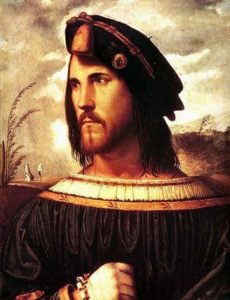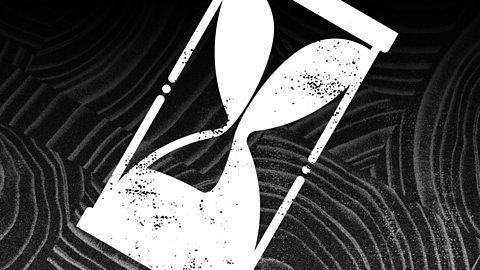Machiavelli on the Job

“The Prince” will make him famous, but for many long years Niccolò Machiavelli was just another junior diplomat on the job. It is the beauty of fiction that following him into the doldrums can sometimes be as rewarding as his watching his triumphs…
In November 1502, he is stranded in Imola waiting on the highly secretive Cesare Borgia, who has stopped talking to anyone…

The Borgia Duke seems to have gone off the diplomatic game altogether. Instead he has returned to his old habit of inverting night and day, so that the only time to see him is when everyone else is in bed. There are rumours of alternating lethargy and tantrums, even a re-occurrence of the agonies of the pox. But all is conjecture.
‘You must remember that we deal with a prince who governs by himself,’ Niccolò writes to his masters in Florence. ‘So do not impute it to negligence if I do not satisfy you with more information, because for most of the time I do not even satisfy myself.’
There is no satisfaction to be had anywhere else either. Two months of a billeted army has eaten the city and its neighbouring land down to stalks and scrag ends. There is barely a cask of decent wine to be found and a clean woman would demand more money than he could raise, and even then she would probably be lying. He finds himself missing Marietta more than he might like to admit. But there is no solace to be gained there: from loving letters, through impatient ones – ‘you promise a few weeks and already you are gone for months’ – she has now fallen into petulant silence, though it seems she is shouting loud enough to anyone else who will listen.
‘She misses you, Niccolò, that much is clear, though she has a strange way of showing it.’ Biagio writes. He can almost see his friend blowing on his fingers to show the heat of her anger. ‘I’ve done what I can. For God’s sake send her funds or a present of some kind to keep her sweet.’
Except he has nothing to send. He has eaten up each month wages and expenses before they arrive and his requests for more money are ignored. Who would be a diplomat from a modest family in Italy? Influenza stalks the city and he shivers under thin blankets as water dribbles down the inside of the walls. He finds himself thinking about his life up until now, remembering youthful conversations with his father about the importance of a man serving the city he loves. And he had been educated to do just that. But instead, Florence had fallen under the sway of a zealot who believed that God had sent him to create the kingdom of heaven on earth. No dancing, no gambling, no fornication and worst of all, no words worth reading but the words of God. Niccolò had sinned enough during those years for a lifetime of penances, and he wasn’t the only one. By the time a new government needed new faces, he was something of an expert in human nature; both in the past and the present. But he was no longer a young man. At twenty-nine, he had had some catching up to do. And now at thirty-three he feels it even more intensely.
With no more intelligence to be gleaned, and even if there was, no money to get it, he asks be recalled. The council have made their decision and he can do no more. ‘If it goes on like this you will be bringing me back in a casket.’
This extract from In The Name of the Family: A Novel of Machiavelli and the Borgias






